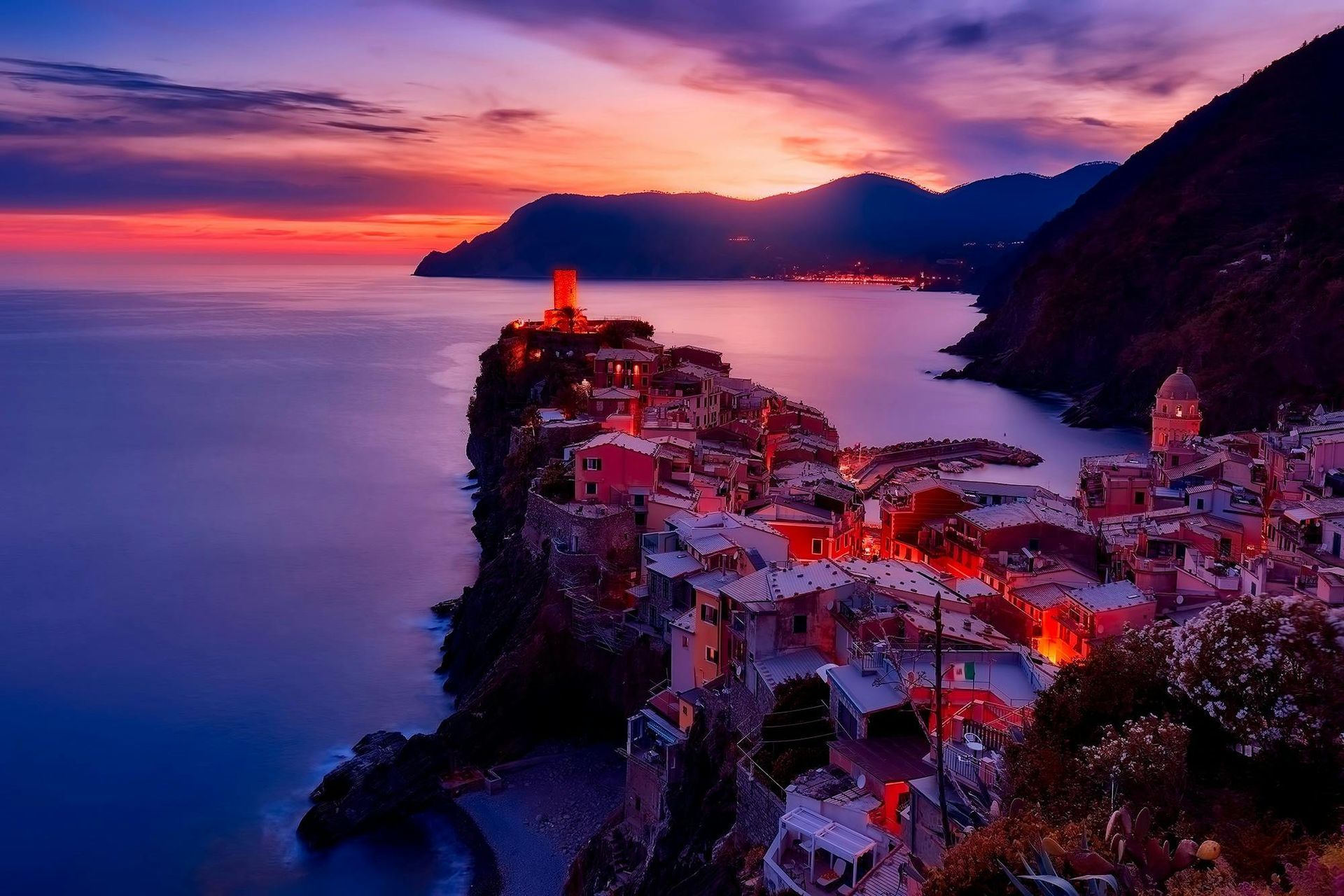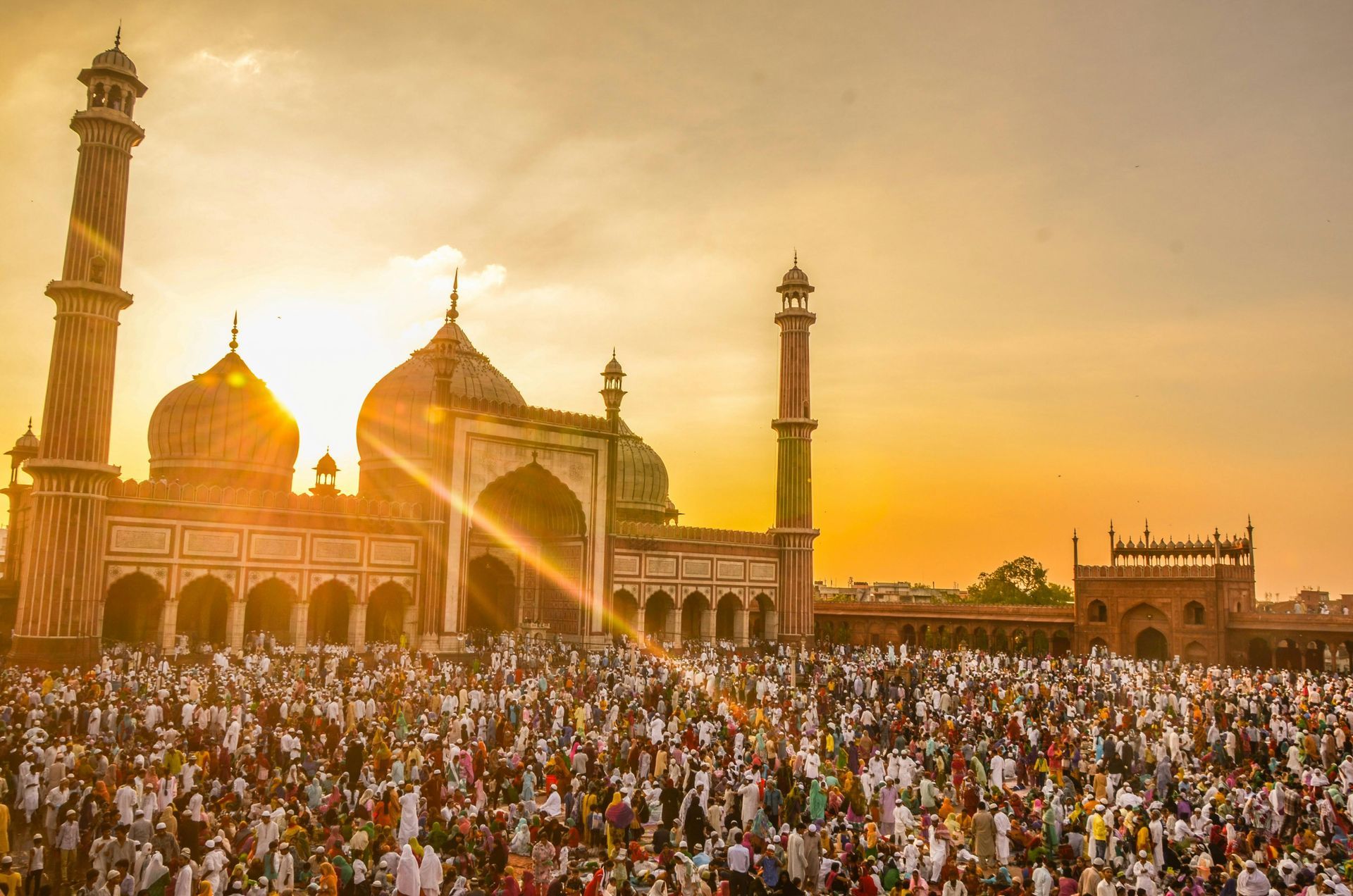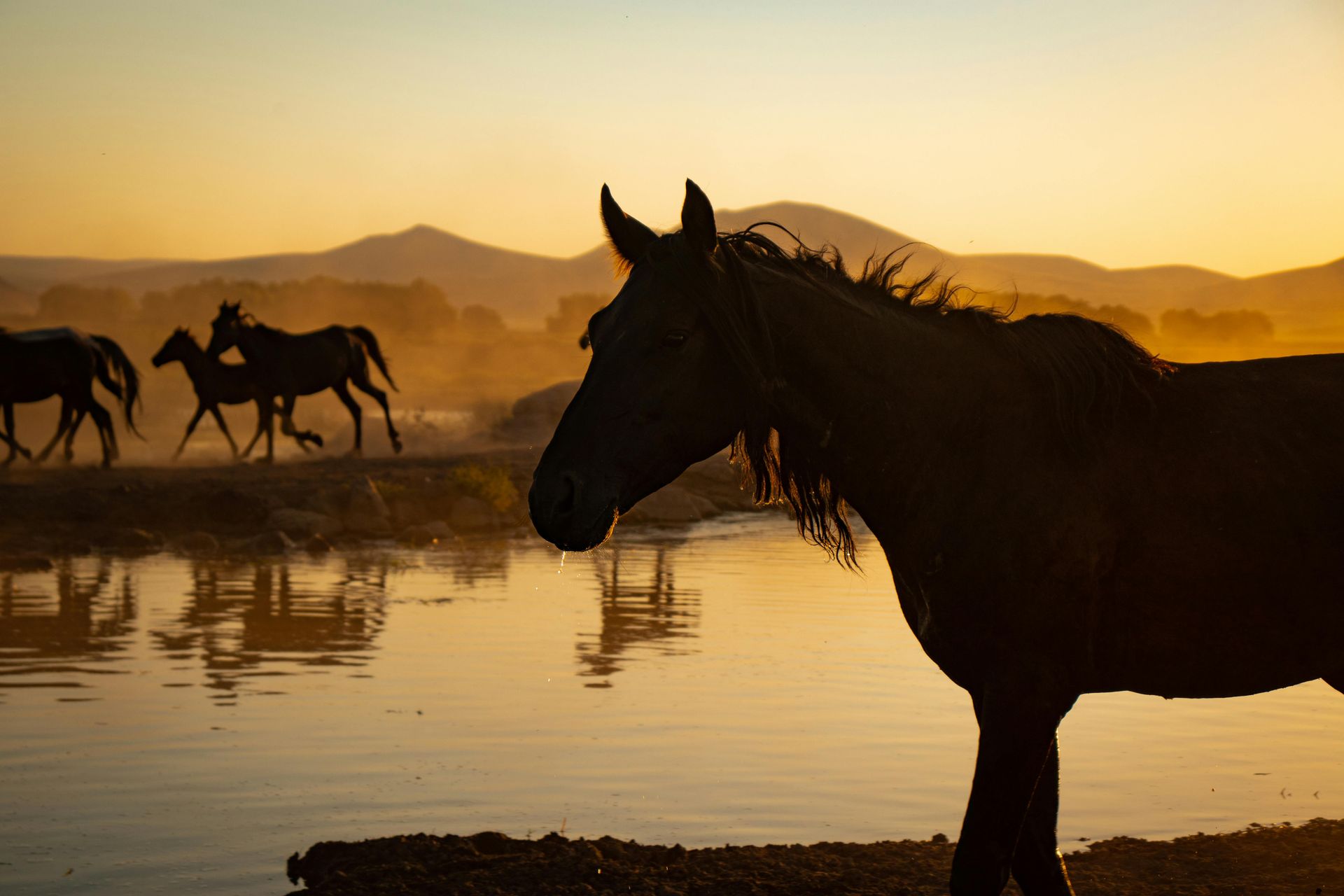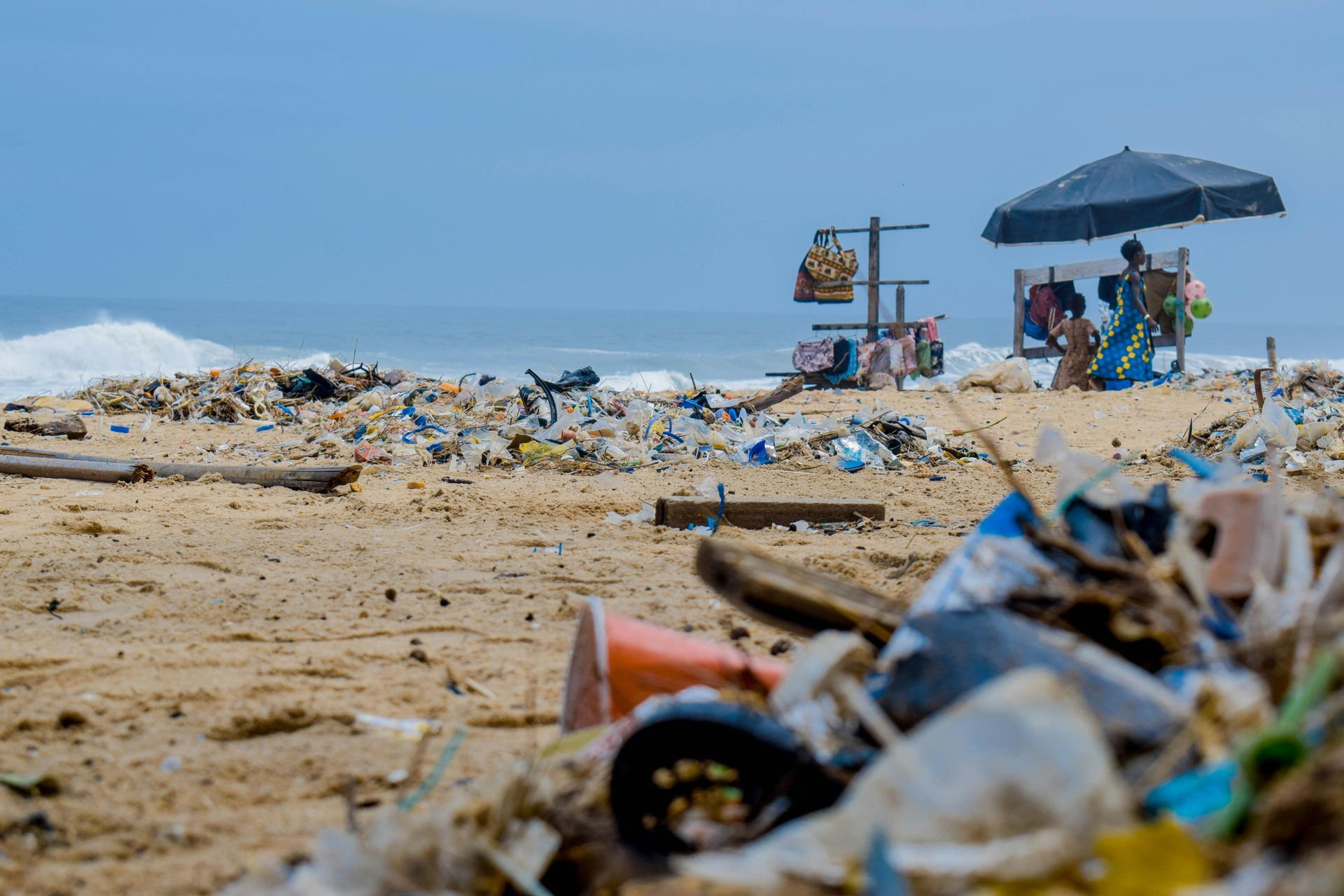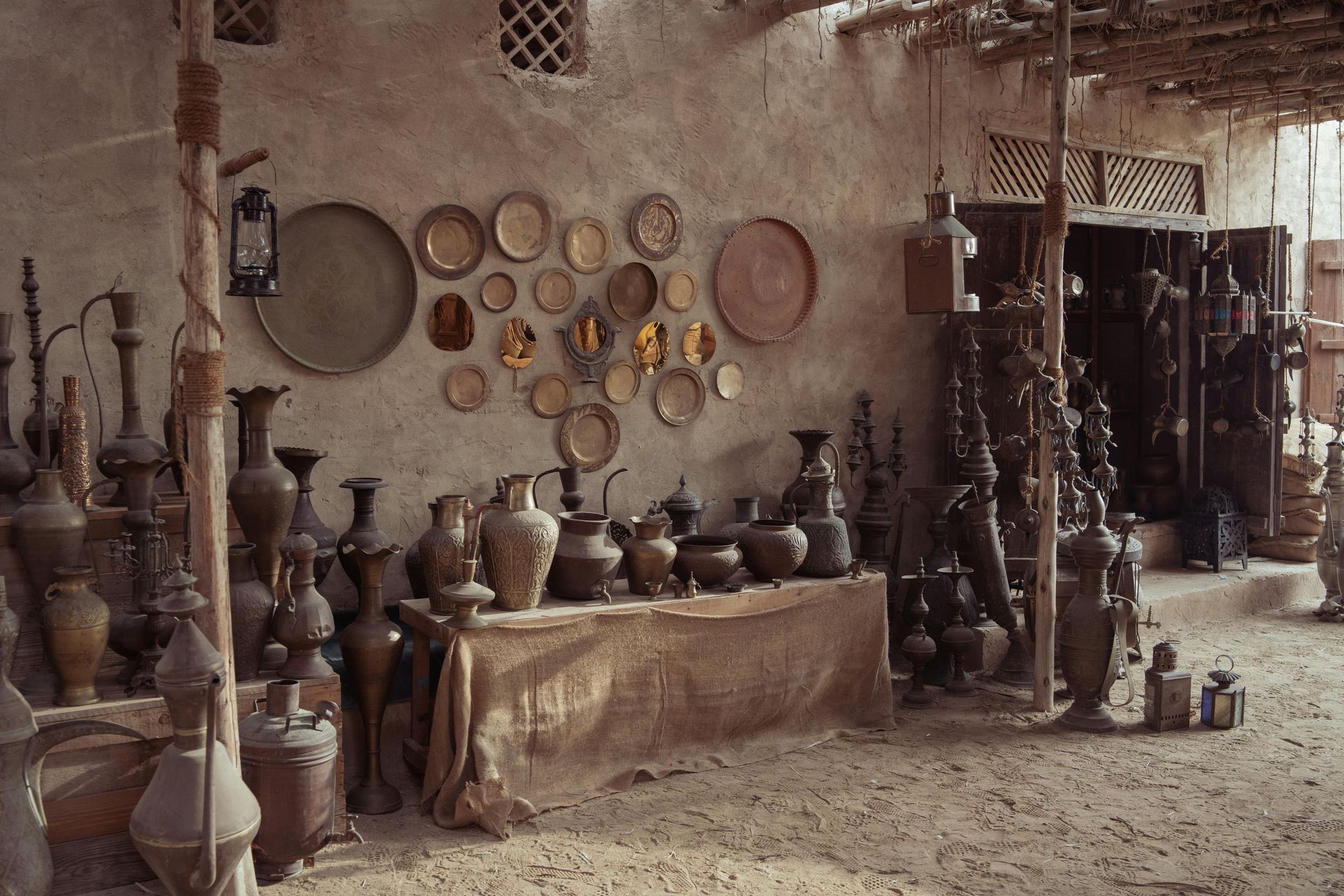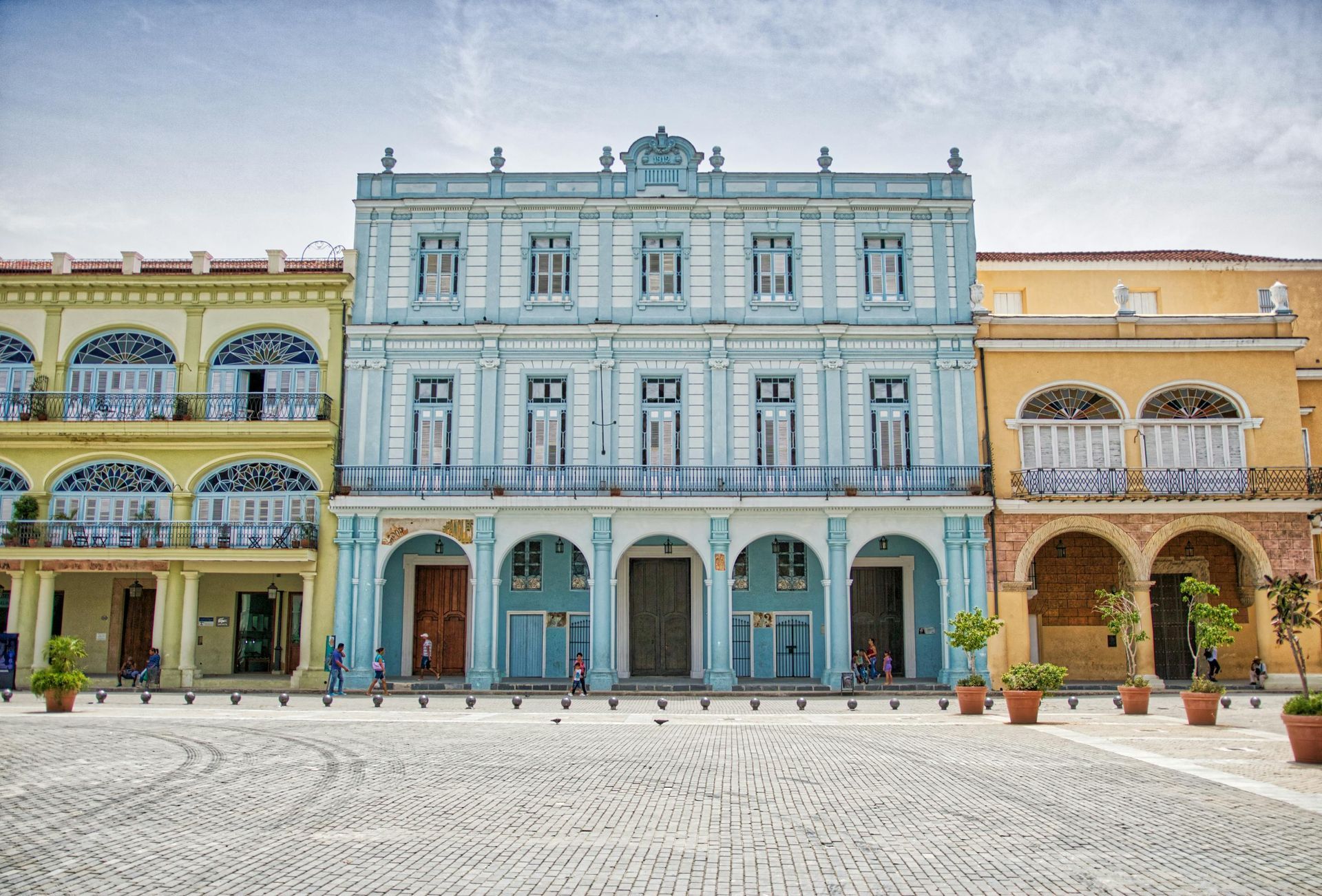Who Really Owns Your Favourite Hotel? Why Your Hotel Stay Might Be More Complicated Than You Think
Who Really Owns Your Favourite Hotel? Why Your Hotel Stay Might Be More Complicated Than You Think
I love the luxury travel industry. It’s where dreams are designed, where history and culture come alive, and where thoughtful hospitality can transform the way people see the world. I’m proud to work in a space that creates meaningful, once-in-a-lifetime experiences.
But behind the glossy brochures and sunset-soaked Instagram shots lies a more complicated story — one that many travellers never consider: who actually owns your hotel, where the money comes from, and what impact building it has on communities and nature.
Travellers have far more choice — and influence — than they realise. And in an era where new opening after new opening appears on untouched shorelines and protected landscapes, often because it’s easier and cheaper than restoring what already exists, it feels timely to pause and reflect.
The Brand Families: Why One Name Rarely Tells the Whole Story
When travellers check into a hotel, they often assume the brand name above the door tells the whole story. But most global hotel companies are not a single brand — they’re collections of dozens of sub-brands, each targeting different guest profiles and price points.
Marriott International, for example, is the world’s largest hotel group, with more than 30 brands under its umbrella: Ritz-Carlton, St. Regis, Edition, W Hotels, The Luxury Collection, down to Courtyard and Moxy. Accor spans everything from Raffles, Fairmont, and Banyan Tree to Sofitel, Pullman, and ibis. IHG owns InterContinental, Regent, Six Senses, Kimpton, and the entire Holiday Inn family.
These portfolios make it easy for groups to grow rapidly — but they also create complexity. Two hotels with the same logo on the door might have entirely different owners, different values, and different approaches to development and environmental responsibility. Recognising the larger ecosystem helps travellers make decisions that align not just with their personal taste, but with their principles.
Ownership vs. Management: Why It Matters More Than You Think
Many of the world’s most iconic luxury brands — Peninsula, Rosewood, Four Seasons, Mandarin Oriental, Belmond — operate through management contracts. The name above the door often isn’t the name on the deed.
Ownership can sit with private investors, sovereign wealth funds, real estate groups, or holding companies with interests that range from ethical to questionable. These ownership structures shape the decisions that affect a hotel’s long-term sustainability, its relationship with local communities, and its approach to protecting the environment.
Understanding who owns a property adds depth to the choices travellers make — and can influence which values they ultimately support.
Behind the Scenes: How Hotel Management Contracts Actually Work
A management contract is essentially a partnership between:
- The owner, who invests in the land, construction, or restoration, and carries the financial risk.
- The management company, which brings operational expertise — staffing, training, brand standards, service culture, marketing, and guest experience.
The management company earns fees based on revenue and profit, while the owner seeks long-term returns on their real-estate asset — and because no two partnerships share the same motives or objectives, every management contract ends up being slightly different in structure, expectations, and priorities.
These relationships can be incredibly successful — but they can also create friction. Owners may focus on short-term commercial gains, while operators may push for sustainability practices that require higher upfront costs. In ecologically sensitive regions, that tension can shape the entire footprint of a property, from building size to environmental safeguards.
Understanding this dynamic brings clarity to why some hotels feel deeply values-led — and why others, despite glossy branding, do not.
When New Builds Collide with Nature and Communities
As the industry grows, not all expansions align harmoniously with their surroundings. Many new developments are appearing in areas prized precisely because they remain untouched. Yet these same landscapes are often ecologically delicate or culturally significant.
A recent example is Marriott International’s move into Kenya’s safari landscapes, with a Ritz-Carlton in the Masai Mara being developed by a group of local landowners and managed by Marriott. At first glance, it appears to be another luxury addition to a thriving tourism circuit—but there is more to it than meets the eye.
The planned site sits close to a vital wildlife migration corridor, prompting serious questions from conservationists and community groups about the long-term impact on the ecosystem. Critics also wonder how planning permission was secured for such a sensitive location: who approved development on a prime migration route, and on what grounds? Equally puzzling for some observers is Marriott’s involvement. While the brand sees opportunity in the growing demand for high-end safari experiences, others speculate that many global hotel groups might have avoided the project altogether due to the ecological risks and potential reputational fallout.
Similar concerns have surfaced across the world:
- Mahe, Seychelles – construction damaged rare coastal wetlands essential for endangered species.
- Milos, Greece – a luxury development halted by local resistance to protect a unique volcanic shoreline.
- Kaziranga National Park, India – proposed hotels near elephant migration paths raised alarm over wildlife disruption and community risk.
These examples highlight a pattern: many new builds emerge where land is undeveloped and beautiful, but not always suitable for large-scale hospitality. And as long as untouched landscapes remain the easier, cheaper choice compared to restoration, these tensions will continue.
Luxury Done Better: Purpose-Led Brands Leading the Way
Fortunately, many smaller groups show that luxury and responsibility can coexist meaningfully, and that thoughtful growth is not only possible but profoundly enriching.
- Rocco Forte Hotels – champions of heritage restoration, craftsmanship, and deep-rooted relationships with local communities.
- Oetker Collection – “Masterpiece Hotels” that protect history, architecture, culture, and a strong sense of place.
- Zannier Hotels – understated, low-density properties that blend effortlessly into their landscapes.
- andBeyond – conservation-led hospitality where significant resources are dedicated to wildlife protection, anti-poaching, education, and community partnerships.
- Awasi – small, high-impact lodges in South America supporting local livelihoods and preserving natural surroundings.
These brands demonstrate that luxury grows stronger — not weaker — when it honours land, culture, and community.
Rethinking Luxury: Why Restoration Is the Real Future
With countless extraordinary buildings already standing — from heritage estates to abandoned haciendas to post-industrial landmarks — it’s worth asking why so many new luxury hotels continue to be built from scratch.
Restoration is rarely the fastest or cheapest route. But when a hotel chooses to restore instead of replace, something irreplaceable is preserved:
- History is preserved rather than replaced.
- Environmental impact decreases by avoiding fresh land clearance and heavy construction.
- Communities benefit from craftsmanship, long-term employment, and cultural continuity.
- Guests experience authenticity, depth, and a story rooted in place.
In many ways, restoration is the purest form of luxury — slow, considered, respectful, and rich with soul.
What True Stewardship Looks Like for 2026 (and Why It’s Becoming Non-Negotiable)
Across the industry, a shift is emerging — subtle in some places, seismic in others. Guests, investors, and destinations are calling for more than beautiful design and polished service. They want proof of care.
- Guests want to know what their spending supports.
- Investors increasingly recognise the financial risk of environmental degradation.
- Hotel groups are being asked for measurable impact, not aspirational promises.
- Destinations are strengthening regulations to protect culture and biodiversity.
Stewardship is becoming a fundamental part of luxury hospitality — not a marketing angle, but a strategic necessity.
Your Choice Matters More Than You Think
Travellers influence the future of luxury hospitality with every booking. A few thoughtful questions can transform a stay into something genuinely meaningful:
- Who owns the property?
- Where does the investment come from?
- How does the hotel work with its local community?
- What has been protected or restored for the property to exist?
- Is the surrounding landscape treated as an asset or a partner?
Luxury travel has the power to be transformative, connective, and deeply enriching. And when travellers choose hotels that value stewardship as much as service, the industry moves closer to its most beautiful potential.
Because luxury isn’t just about how a place looks — it’s about how a place is cared for.


